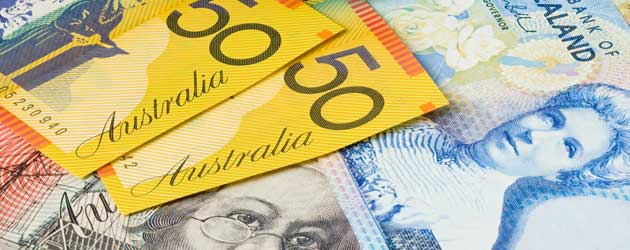
The Australian and New Zealand Dollars both weakened as investors sought safety in the US Dollar and Japanese Yen.
The ‘Aussie’ suffered its biggest decline in more than a week against the US Dollar after the Cypriot government rejected the European Union’s planned bank-deposit levy. The move led to an increase in risk aversion and sapped demand for higher yielding assets.
“The U.S. dollar is bid at the moment because of the uncertainty in Europe, and that’s putting other currencies on the back foot, including the Aussie and kiwi,” said Richard Grace, the Sydney-based chief foreign-exchange strategist and head of international economics at Commonwealth Bank of Australia. “The Cypriots have to go back to the drawing board. The danger is they’re forced to implement these bank levies, and the issue of a tax on deposits spreads to other areas of Europe”
Meanwhile the ‘Kiwi’ fell against most of its major peers on the back of the news out of Europe but was also weighed upon by comments made by the country’s Finance Minister Bill English who said that the ongoing drought affecting the country’s north island could cost the economy up to NZ$2 billion.
The smaller Oceanic nation also suffered due to a widening of its current-account deficit which took economists by surprise. The deficit rose to 5% of GDP from the 4.7% recorded in the previous quarter.
New Zealand Dollar traders should be aware that Wednesday night will see the release of the nation’s latest Gross Domestic Product data which economists are predicting will rise to 2.3% from 2% on a year by year basis.

Comments are closed.